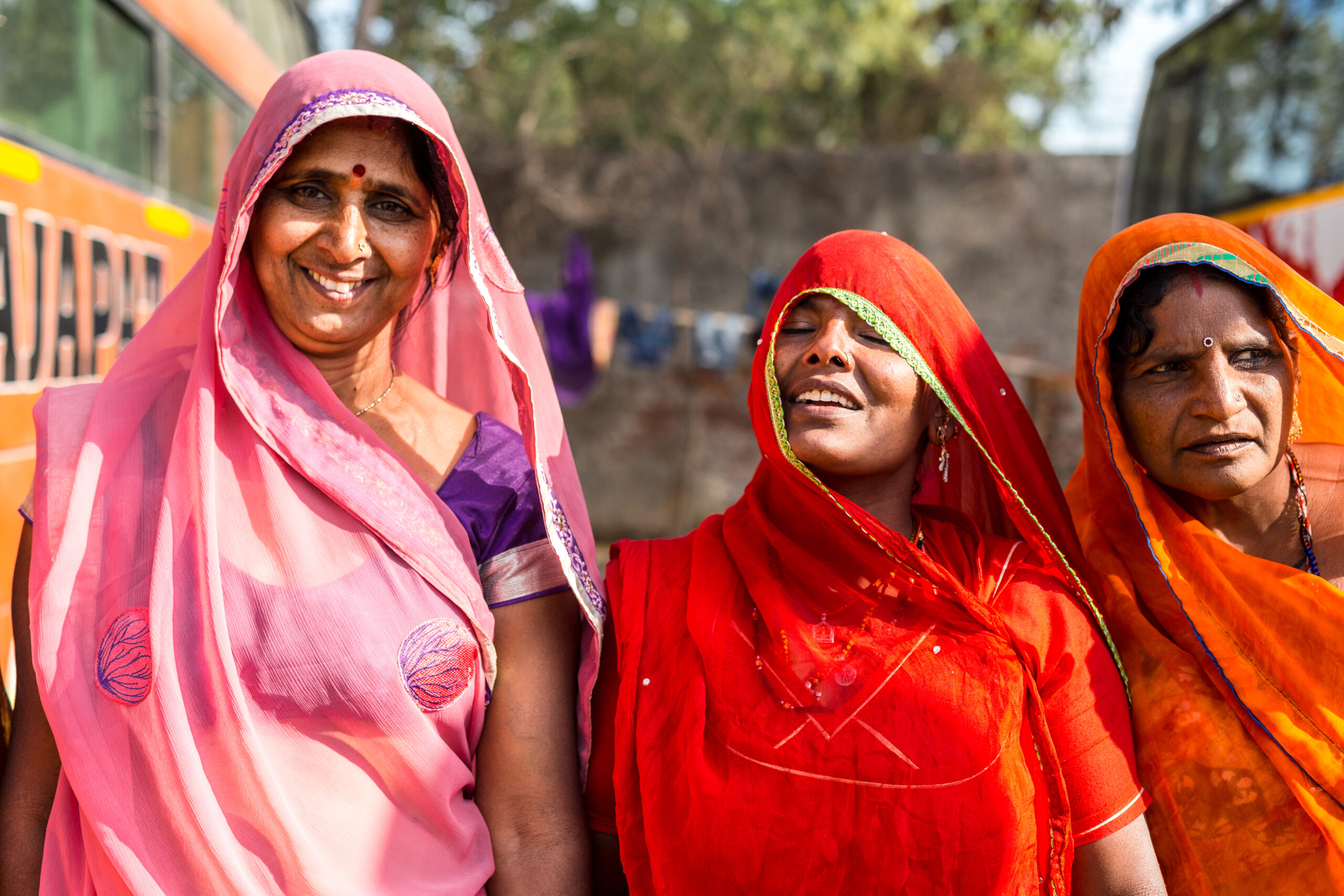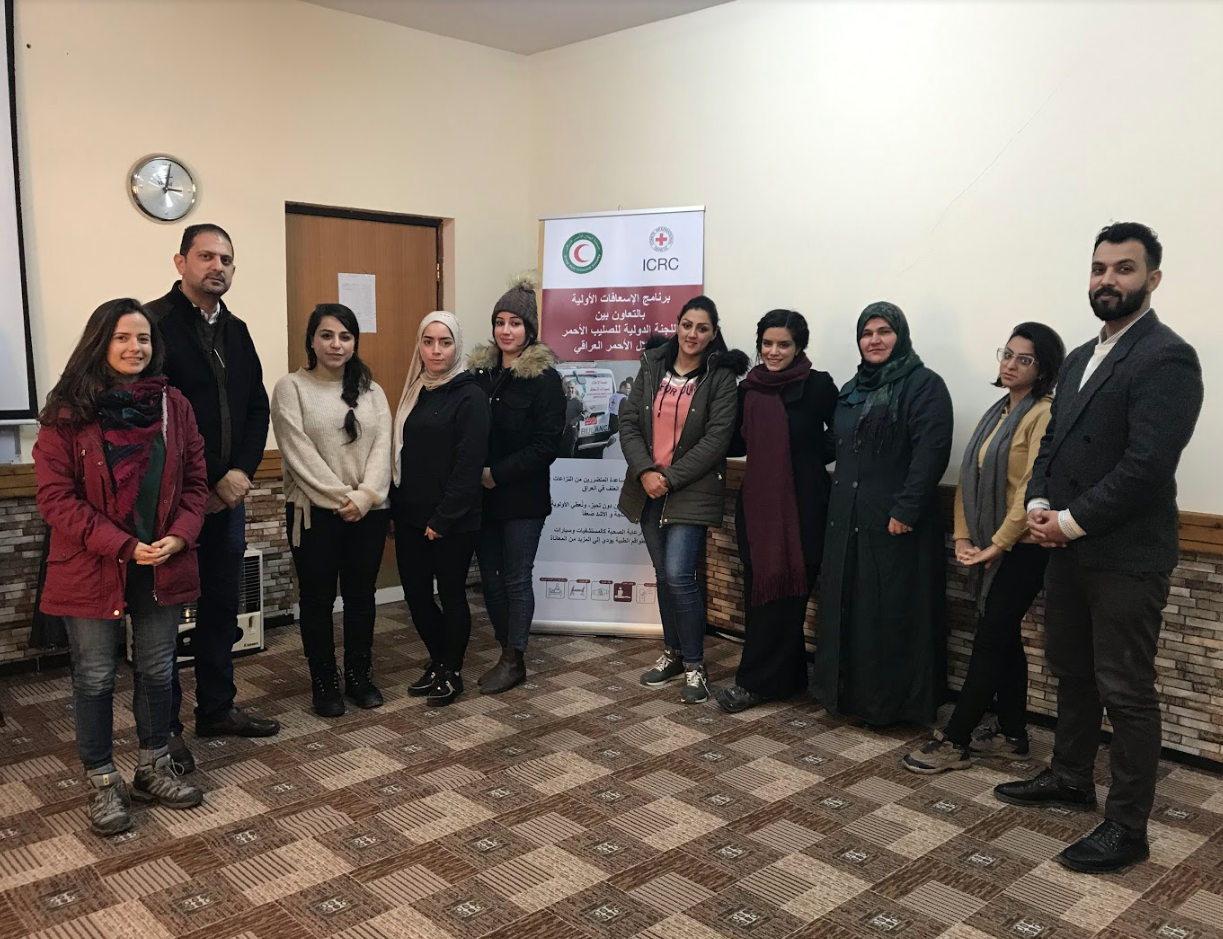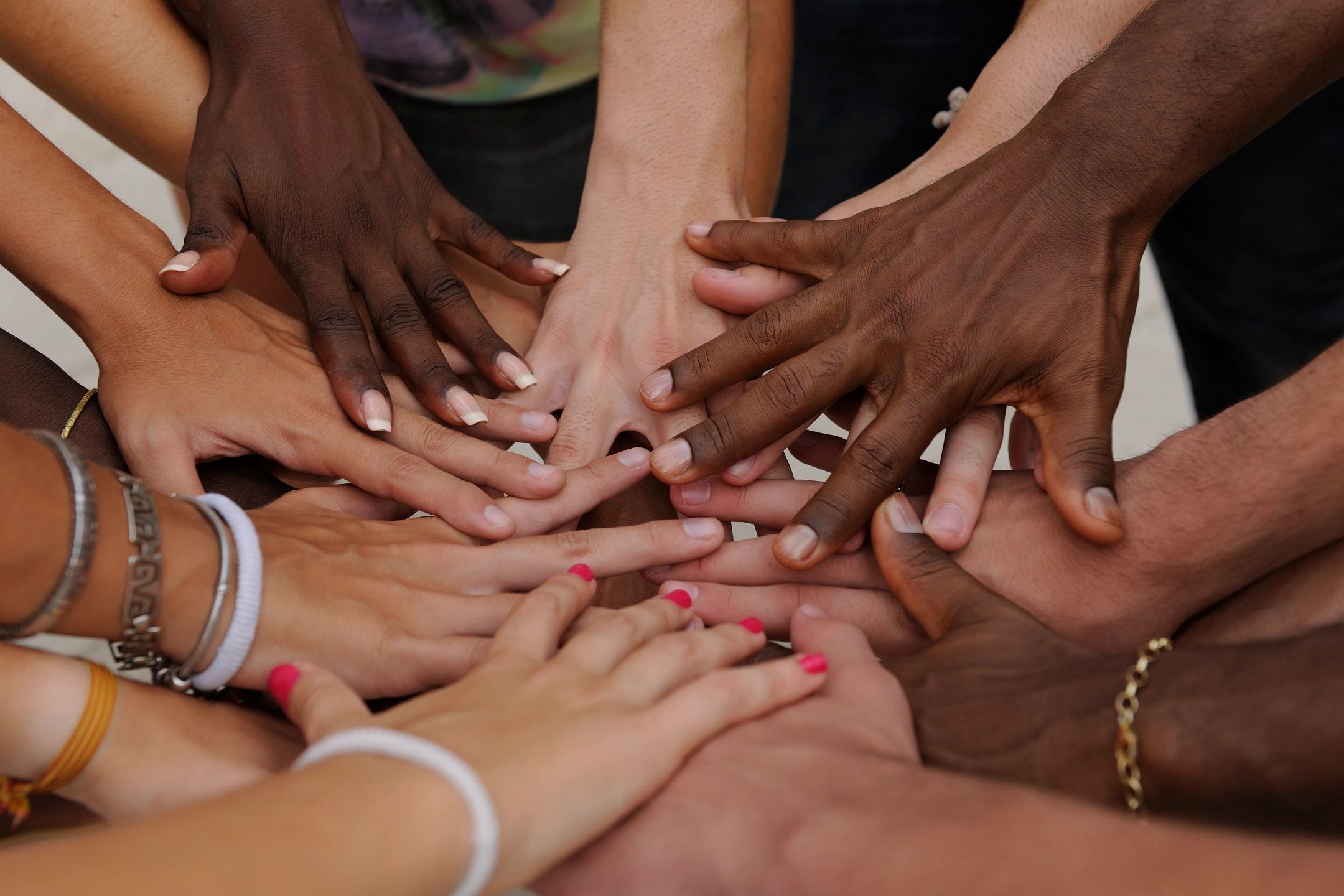Supporting Mercy Corps in strengthening economic, social, and climate resilience in Northeast Nigeria
Home »In May 2021, Mercy Corps commissioned IWORDS Consulting to undertake the mid-term evaluation of the MAIDA programme, which means ‘return’ in the Hausa language. This three-year early recovery programme is being implemented in eight Local Government Areas of Borno State, North-East Nigeria. Since 2015, Nigeria’s economic growth has remained muted due to the volatility of oil prices and the weakness of the agriculture sector, which undermines prospects for the rural poor. Furthermore, natural disasters and environmental degradation have made it harder for the agricultural and non-agricultural sectors to cope with economic stagnation in rural areas, negatively impacting the level of food security. Along with the above, Northeast Nigeria has been through more than a decade of conflict, resulting in a humanitarian crisis with around 7.9 million people in need of humanitarian assistance (22% women and 59% children).
Therefore, at IWORDS, we were thrilled to provide our services to Mercy Corps once again! Supporting them with evidence-based data and technical recommendations contributed to improving current and future programmatic strategies, having a measurable impact on the humanitarian situation described above.
The programme’s overall objective is to increase the social cohesion and resilience to economic, social, and climate-related shocks of 200,000 men, women, boys, and girls from conflict-affected communities in Borno State. To achieve this objective, the programme focuses on improving rural and youth livelihoods through agricultural and non-agricultural market opportunities, as well as social protection and cohesion.
The dimensions used for the programme’s mid-term evaluation focused on its achievements, relevance, effectiveness, and efficiency. The evaluators considered adaptive management, sustainability, gender and inclusion, and climate and ecology as cross-cutting themes. The evaluation dimensions and cross-cutting themes were assessed and benchmarked through a mixed methodology design and implementation. The qualitative methods used were key informant interviews and focus-group discussions. The quantitative methods consisted of designing a sample framework (size, distribution, and selection) to conduct the household and community surveys. The triangulation and analysis of the quantitative and qualitative data allowed the team to answer the evaluation questions, identify lessons learned and best practices, and measure key programme indicators with high confidence levels.
IWORDS’ experience working with this client and expertise in Northeast Nigeria, combined with our innovative remote methodologies adapted and improved during the COVID-19 pandemic, ensured that the final evaluation report was delivered with the highest quality and most relevant programmatic outcomes.
Share…
More posts…
The importance of essential gynaecological skills for the health and well-being of women in the developing world
The importance of essential gynaecological skills for the health and well-being of women in the developing world The EGS programme of the Royal College of Obstetricians and Gynaecologists IWORDS Global was commissioned by…
Our experience with Danish Red Cross in Syria, Lebanon, and the Kurdistan Region of Iraq
Our experience with Danish Red Cross in Syria, Lebanon, and the Kurdistan Region of Iraq In November 2019, the Danish Red Cross (DRC) commissioned IWORDS Consulting to undertake the final evaluation of a special grant…
Read More Our experience with Danish Red Cross in Syria, Lebanon, and the Kurdistan Region of Iraq
Consultancy on comprehensive support in the institutional and financial strengthening process
Consultancy on comprehensive support in the institutional and financial strengthening process Guided by the principles of humanization, teamwork, development of human capacities, transparency, and good practices, ESAR, Oriéntame, and PROSER Foundations have contributed to guaranteeing the exercise…


